In the fast-evolving digital world, freelancing and content creation have become viable full-time professions. As these roles grow in popularity, questions about tax responsibilities — especially Goods and Services Tax (GST) in India — have become increasingly common. If you are a freelancer or influencer wondering whether GST registration is mandatory for you, this blog will clarify your doubts in seven straightforward points. Before going to that part it’s worth mentioning that if you need help for Online GST Registration in India, reach out to Eazy Startups for hassle-free completion.
Let’s look at the points:-
1. Understanding Who Needs GST Registration
2. GST Applicability on Services by Freelancers and Influencers
3. Voluntary GST Registration Below Threshold Limit
4. GST for Freelancers and Influencers with Foreign Clients
5. Importance of GST Invoices and Compliance
6. Consequences of Ignoring GST Regulations
7. Professional Advice is Highly Recommended
Understanding Who Needs GST Registration:
Every business that supplies goods or services exceeding ₹20 lakhs (₹10 lakhs for special category states) annual turnover must register for GST under the GST Act. Freelancers who deliver writing or graphic design or coding services together with influencers who conduct digital endorsements and promotions meet the definition of service providers. The GST requirements state that anyone whose income exceeds ₹20 lakhs must register for GST.
GST Applicability on Services by Freelancers and Influencers:
Most professional services fall under the scope of GST application in India. Freelancers who provide consultancy, marketing, content creation services or perform brand promotions, social media marketing, and affiliate advertising must apply GST at 18% if they have registered for GST. The GST taxation system applies to internet-based services in the same manner as it does for conventional services.
Voluntary GST Registration Below Threshold Limit:
As a professional you have the option to register for GST even though your income falls under the threshold limit. Freelancers together with influencers often decide to register under GST for creating a more professional image when interacting with clients and brands. Business-related expense claim through Input Tax Credit (ITC) offers financial benefits to registered taxpayers in the long term.
GST for Freelancers and Influencers with Foreign Clients:
As a freelancer who provides services to international clients your exported services fall under the zero-rated GST category. A GST-registered taxpayer must submit necessary documentation to receive zero-rated tax benefits when exporting goods. The ability to claim either export status or refunds under GST requires valid registration through the GST system.
Importance of GST Invoices and Compliance:
After GST registration freelancers and influencers must create invoices that follow GST requirements for all their provided services. You need to place your GSTIN together with service SAC code and GST rate on every invoice you create. Your registration type determines the frequency of GST return filings while financial records maintenance is vital to prevent penalties from occurring.
Consequences of Ignoring GST Regulations:
The requirement to register under GST remains mandatory even when your income exceeds the threshold values since noncompliance results in severe financial penalties and tax interest payments and possible legal consequences. Your financial health remains at risk while non-compliance damages your professional standing with clients along with brand partners. The GST department has the authority to ask for taxes that were not paid correctly and to apply penalties after detecting non-compliance.
Professional Advice is Highly Recommended:
The GST system presents itself as a challenging framework, primarily when you manage multiple business clients and their different payment sources and international transactions. Freelancers and influencers should obtain professional advice from qualified GST professionals and chartered accountants to determine mandatory registration status and achieve full compliance. The use of professional advice enables you to prevent errors and maintain a flow of operations that results in stress-free business activities.
Conclusion
The requirement to register for GST hinges on your annual income and your client’s nature. Knowing your duties alongside maintaining compliance stands as a priority. Registering for GST helps you fulfil your legal obligations and demonstrates your professionalism to clients. If you need help for Online GST Registration in India, reach out to Eazy Startups.


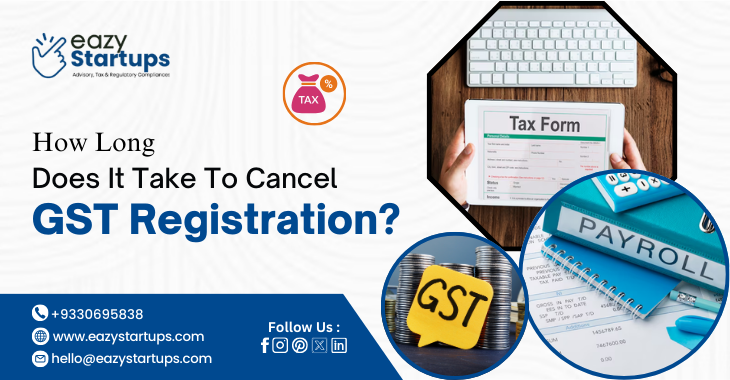
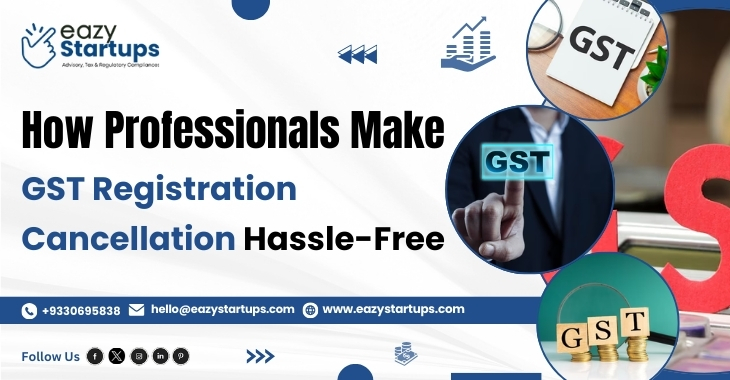
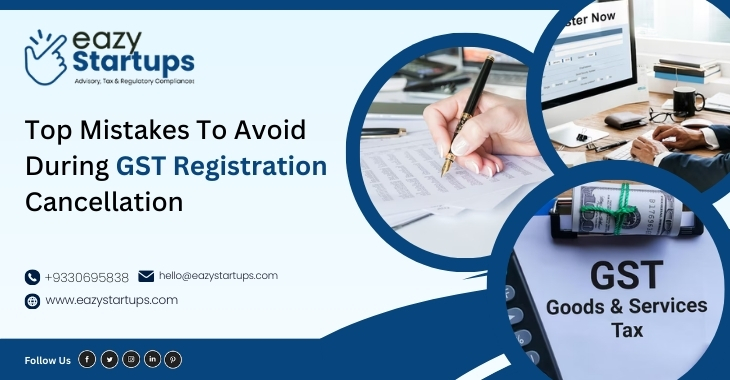

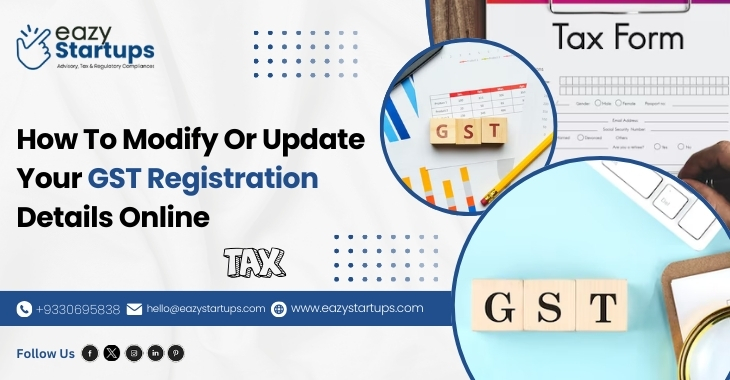
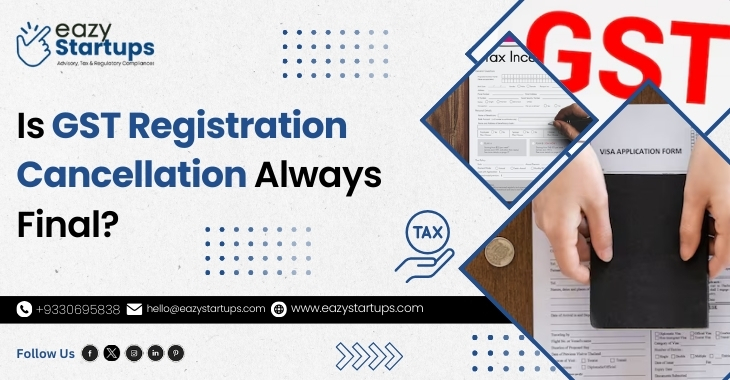
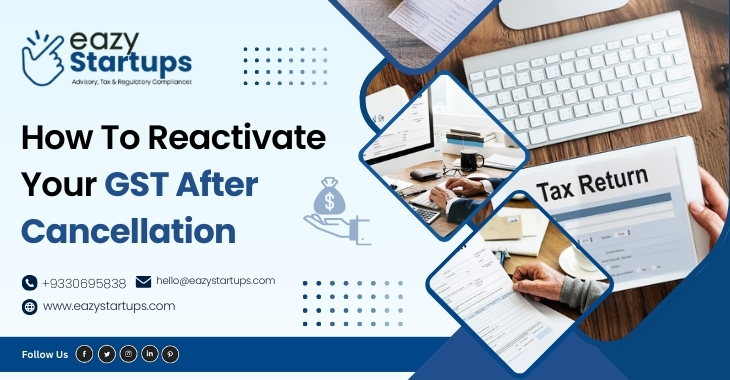
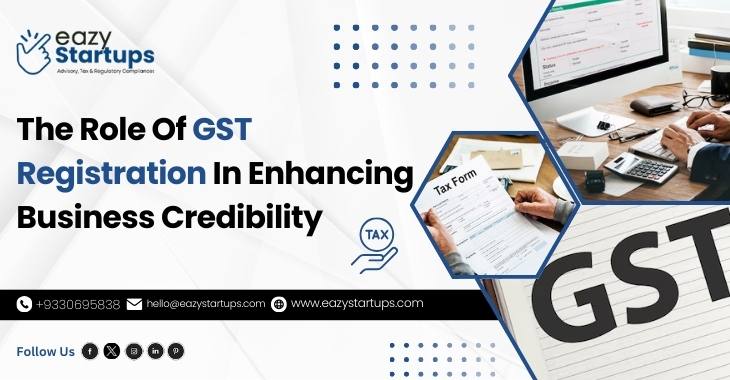

Recent Comments